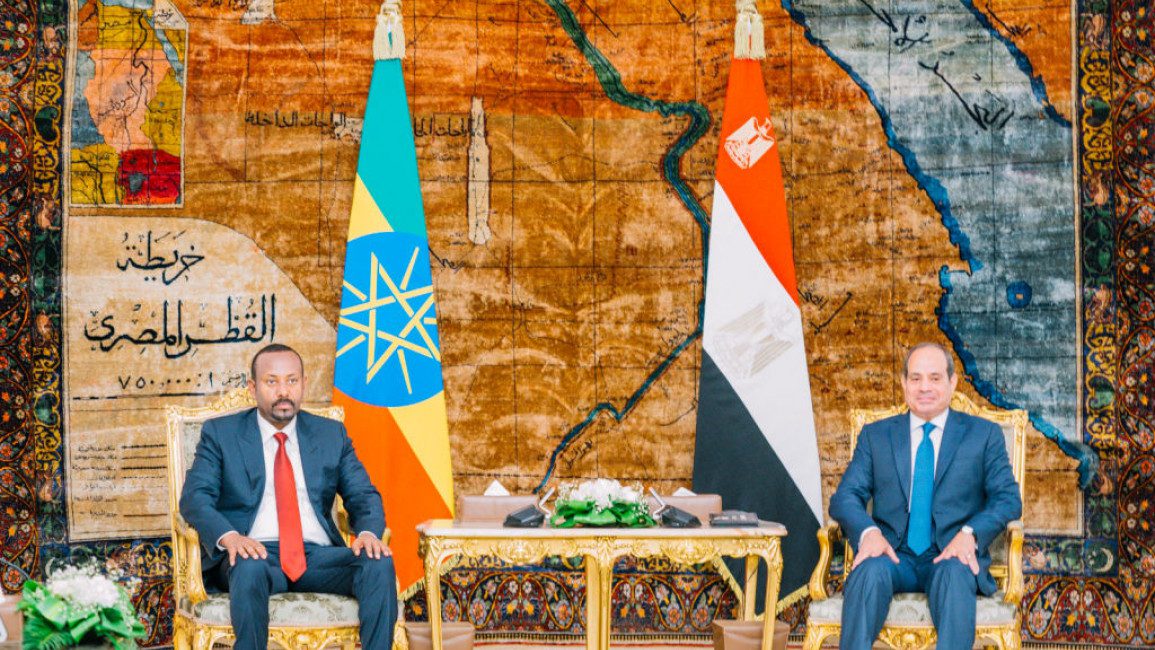Africa
Egyptian, Sudanese, and Ethiopian negotiations over the contentious GERD dam fall apart

After two days of negotiations in Cairo that ended on Monday, Egypt, Sudan, and Ethiopia were unable to reach a consensus regarding the disputed Grand Ethiopian Renaissance Dam (GERD) on the Nile.
The lack of a “tangible change in the Ethiopian positions,” according to the Egyptian Ministry of Water Resources and Irrigation, was the reason Addis Ababa and Egypt were unable to reach an agreement regarding their contentious Nile dam.
The goal of the negotiations was to come to a definitive agreement that would give Egypt control over how the dam is run and filled.
Egypt and Sudan, two countries that rely significantly on the Nile, are concerned about how the GERD would affect their own water supply.
The GERD, which is situated on the Blue Nile, has been developing since 2011 and is almost finished. In 2020, Ethiopia started filling the dam.
Ethiopia thinks that the dam will increase access to power since, according to the International Energy Agency, just 45% of the population is now connected to the grid.
Egypt is concerned that the dam will significantly restrict the amount of Nile water that reaches its land, leading to drought and reducing crop production for its over 100 million people.
Egypt receives almost 90% of its water from the Nile, 85% of it from the Blue Nile.
Abdel-Fattah al-Sisi, the president of Egypt, described water security as a “red line” for the nation as a result of these concerns.
Ethiopia’s foreign ministry stated that despite the discussions’ failure, “The parties exchanged views to reach a win-win situation.” The statement said that the following round of negotiations would take place in Addis Abeba in September.
The talks follow a meeting between Sisi and Ethiopian Prime Minister Abiy Ahmed last month, who spoke about the dam during a conference on the Sudanese war. Within four months, the two agreed to resolve the matter.
